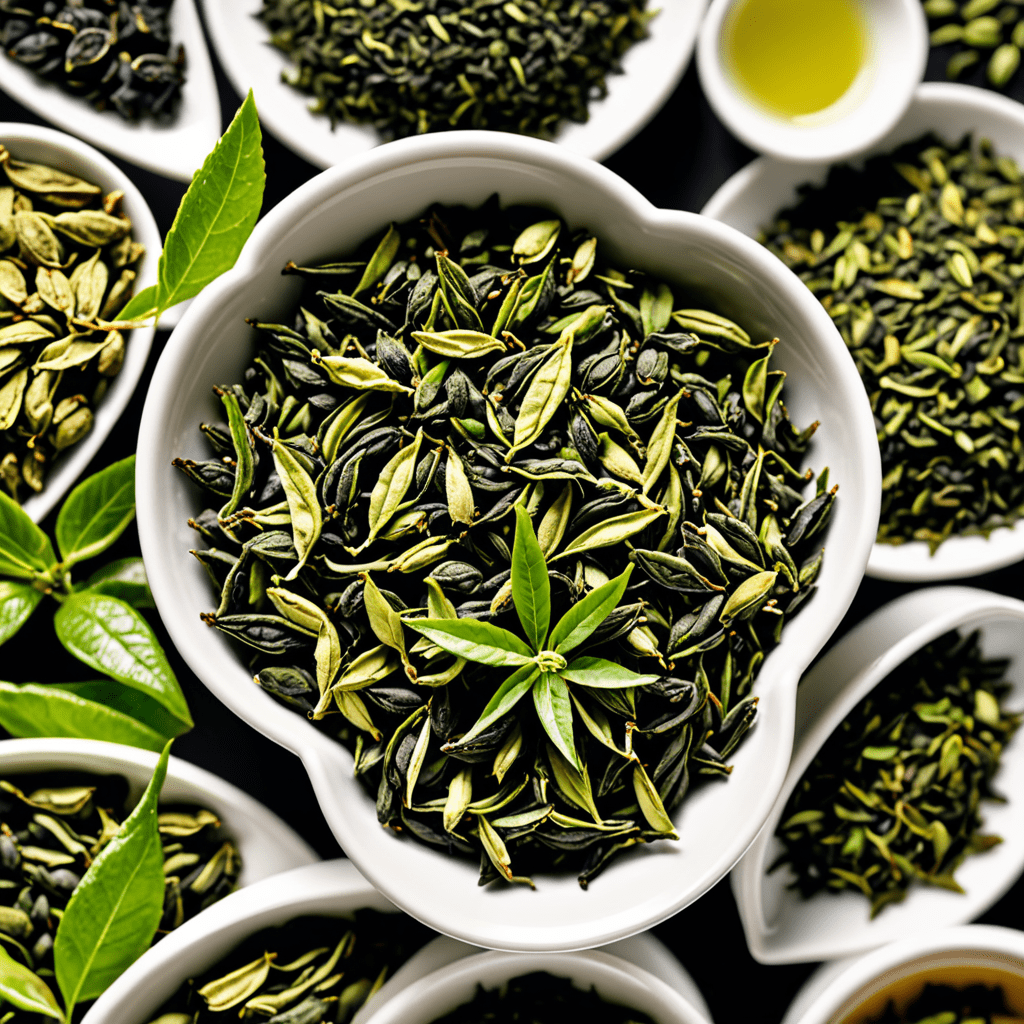Uncover the Potential of Green Tea for Managing ADHD
ADHD, or Attention Deficit Hyperactivity Disorder, is a neurodevelopmental disorder that affects both children and adults. While traditional treatments for ADHD often include medication and therapy, some individuals seek alternative or complementary approaches for managing their symptoms. One such approach that has gained attention is the potential use of green tea. In this article, we explore the possible benefits of green tea for managing ADHD symptoms and discuss its impact on individuals with this condition.
The Science Behind Green Tea
Before diving into the potential benefits for ADHD, it’s essential to understand the science behind green tea.
Green Tea’s Impact on Cognitive Function
Research suggests that the compounds found in green tea may have a positive impact on cognitive function. Specifically, the catechins in green tea have been linked to improved focus, attention, and overall cognitive performance. These findings have sparked interest in exploring whether green tea consumption could benefit individuals with ADHD.
Potential Benefits for ADHD Symptoms
While the research on green tea and ADHD is ongoing, some preliminary studies have hinted at potential benefits. The antioxidant properties of green tea, particularly ECGC, may offer neuroprotective effects that could potentially help alleviate certain ADHD symptoms. Additionally, the presence of L-theanine, an amino acid abundant in green tea, has been associated with promoting relaxation and enhancing attention—an aspect that could be particularly beneficial for individuals with ADHD.
Considerations and Precautions
It’s important to note that while green tea shows promise as a potential aid for managing ADHD symptoms, individuals should approach it with caution and seek guidance from healthcare professionals. Green tea contains caffeine, which can affect individuals with ADHD differently. Furthermore, interactions with existing medications and individual sensitivities should be carefully considered before incorporating green tea into a treatment regimen.
Exploring Green Tea as a Complementary Approach
For those considering green tea as a complementary approach to managing ADHD, it’s essential to approach it as part of a holistic treatment plan. While green tea may offer certain benefits, it should not replace conventional ADHD treatments prescribed by healthcare providers. Instead, it can be integrated as a part of a broader lifestyle approach that includes proper nutrition, regular exercise, and adequate sleep.
FAQ: Green Tea and ADHD
Q: Is green tea a cure for ADHD?
A: Green tea should not be considered a cure for ADHD. While some studies suggest potential benefits of green tea for certain ADHD symptoms, it is not a replacement for evidence-based treatments. Discuss any dietary changes with a healthcare professional.
Q: How much green tea should one consume for potential benefits?
A: The optimal amount of green tea for potential benefits is not definitively established. Individual responses to green tea can vary, and factors such as caffeine sensitivity should be considered. It’s advisable to moderate consumption and seek guidance from a healthcare provider.
Q: Can green tea interact with ADHD medications?
A: Green tea contains caffeine and various compounds that could potentially interact with ADHD medications. Individuals taking medication for ADHD should consult their healthcare providers before introducing green tea into their regimen to avoid any adverse interactions.
Q: Are there specific types of green tea that are more beneficial for ADHD?
A: While various types of green tea are available, such as matcha, sencha, and gyokuro, there isn’t conclusive evidence to suggest that one type is superior for managing ADHD symptoms. Focus on selecting high-quality, organic green tea for potential benefits.
Q: Can children with ADHD consume green tea?
A: Children with ADHD, especially those on medication, should not consume green tea without consulting pediatricians or healthcare providers. Caffeine content and potential interactions with medications should be carefully assessed.


